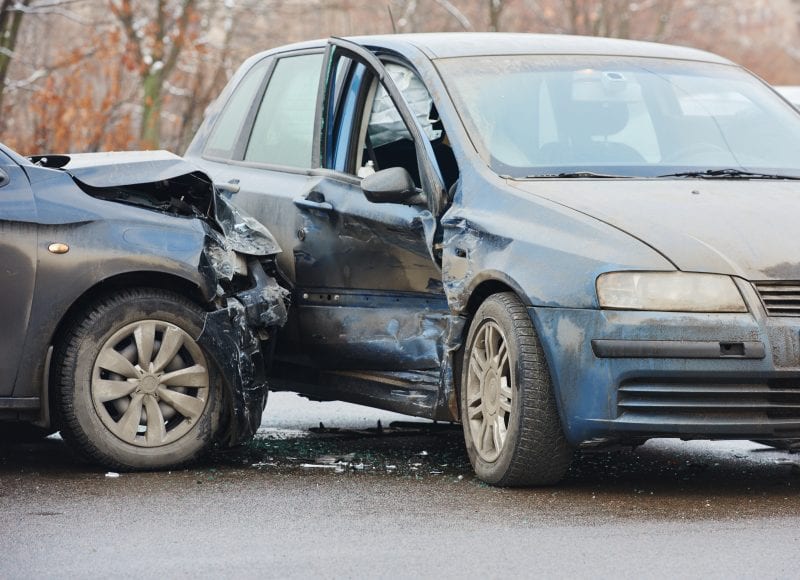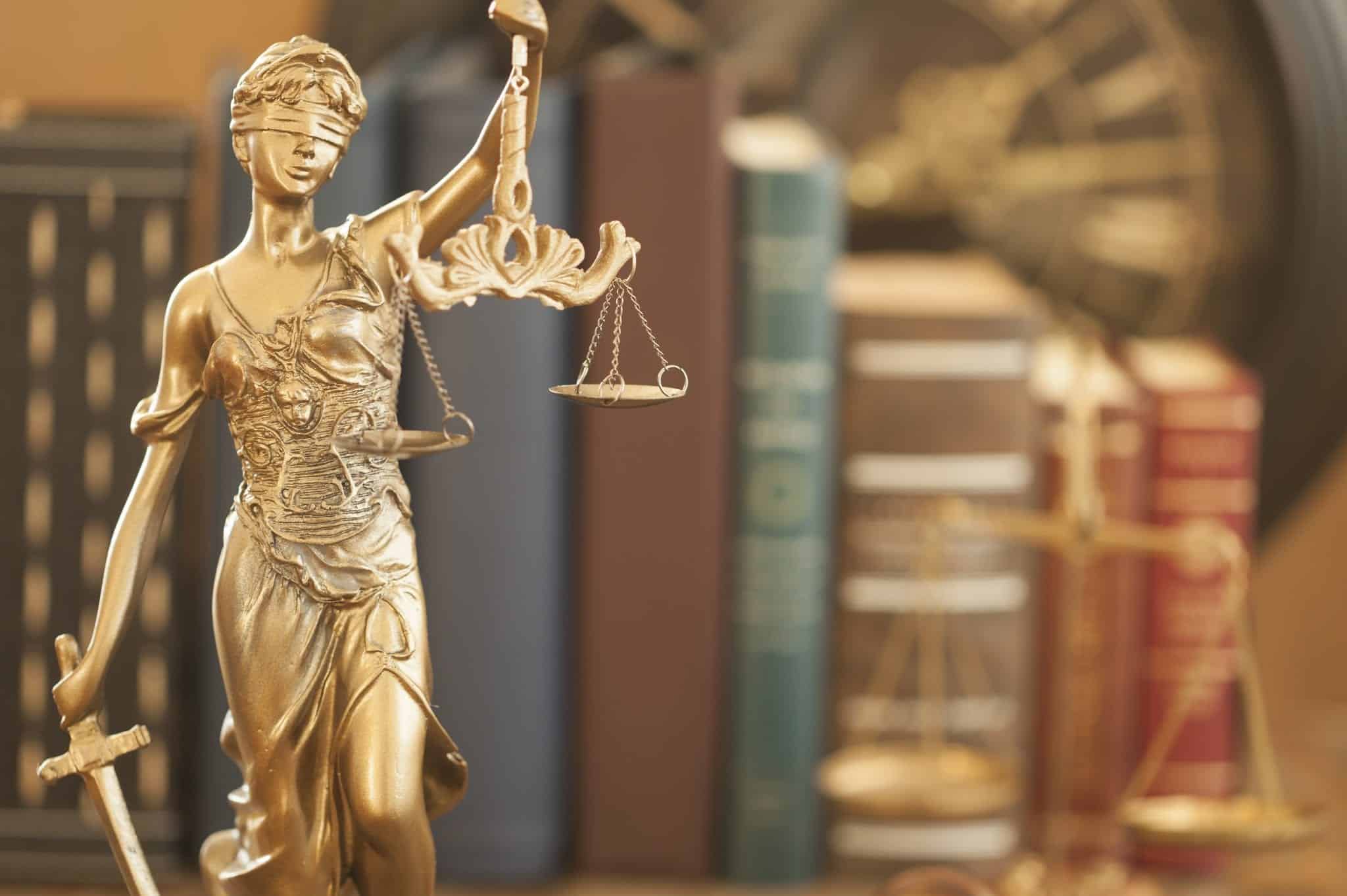So you want the inside scoop on those low down, money hungry, ambulance chasing bastards that litter the interstate with billboards and your television with commercials?
Well, here it is from an admittedly biased trial lawyer:
Real trial lawyers are warriors.
They go to battle against insurance companies and corporations that have more money than many third world countries. Real trial lawyers get justice for those who don’t have the resources to take on the insurance companies and corporate giants. Real trial lawyers do all this despite being the brunt of nasty jokes and smear campaigns. Real trial lawyers often find themselves fighting for the very people that tell hateful “lawyer jokes” or fly the “tort reform” banner. Real trial lawyers fight for people, sacrifice time with their families, and put their own hard earned money on the line in the name of justice.
What about those low down, money hungry, ambulance chasing bastards? They are not real trial lawyers. Every profession has a few bad apples and the Plaintiff’s bar has more than its fair share. In my opinion, the negative perception of trial lawyers is due in large part to what I like to call “settlement mills.” Settlement mills are law firms with very few lawyers and a large number of legal secretaries or paralegals. They are usually the law firms you see with tacky billboard ads or classless commercials. Many times clients of a settlement mill will never meet their lawyer. Why? Because the lawyer probably has 5,000 cases managed by a staff of 10-15 paralegals. How sad is that? The goal of a settlement mill is simple: Take on as many cases as possible; settle them fast for whatever you can get; refer out the ones that won’t settle; move on to the next poor sap that didn’t know calling the number on the side of the bus was a bad idea. Smh…
Some who call themselves “trial lawyers” are even worse. They will hire people to scan local police reports and show up at the injured person’s house or hospital bed with a contract in hand. Of course, this is unethical under nearly every state’s bar rules but it is rarely enforced. In my humble opinion, lawyers who do this should be arrested, prosecuted, and thrown in jail.
Real trial lawyers have a unique responsibility in today’s world.
Yes, we run a business and must make money to stay in business. At the same time, we represent people who are suffering. Our clients are going through what is likely one of the most difficult times in their lives. They need a warrior that will take on the big corporation or insurance company. They need a warrior that is not afraid to stand up for justice. They need a champion.
Real trial lawyers put your interest first.
If you have been seriously injured or suffered the loss of a loved one due to the negligence of another, I encourage you to find a real trial lawyer. Find someone who will go to war with you against the insurance company. Above all, find a real trial lawyer that will always put your interest first. I recommend that personal injury victims sit down and meet with at least three different lawyers before making a final decision.
Who do you trust? Who has the skill and knowledge and yes, the fortitude, to stand by your side and fight with you? Only you can make that call. But rest assured, it will be one of the most important decisions you will ever make.


